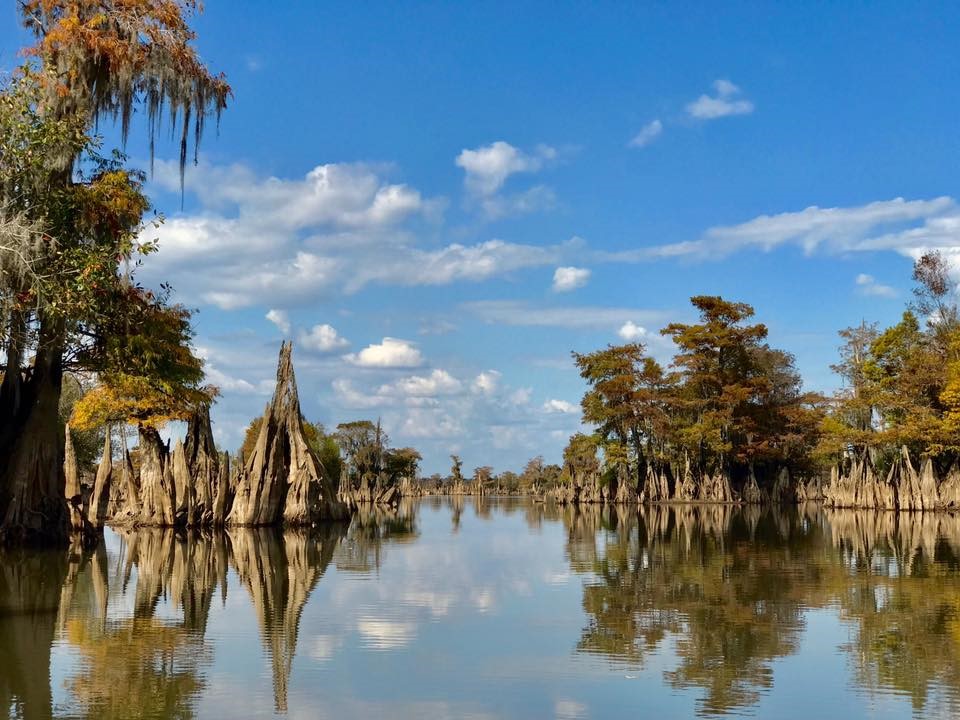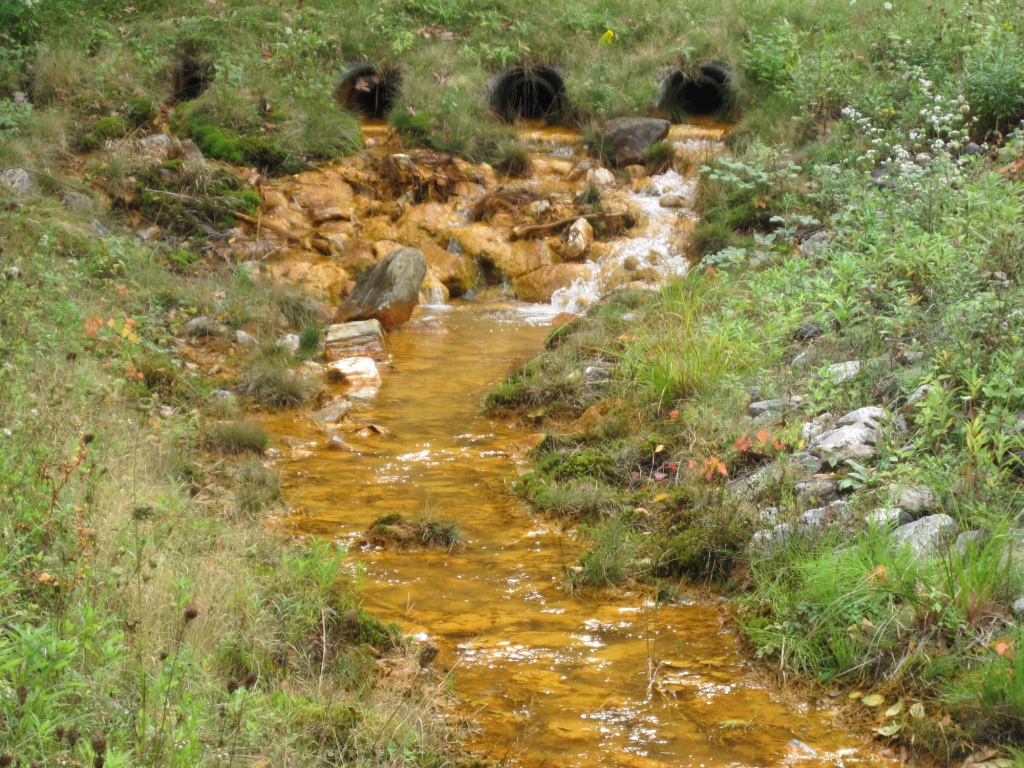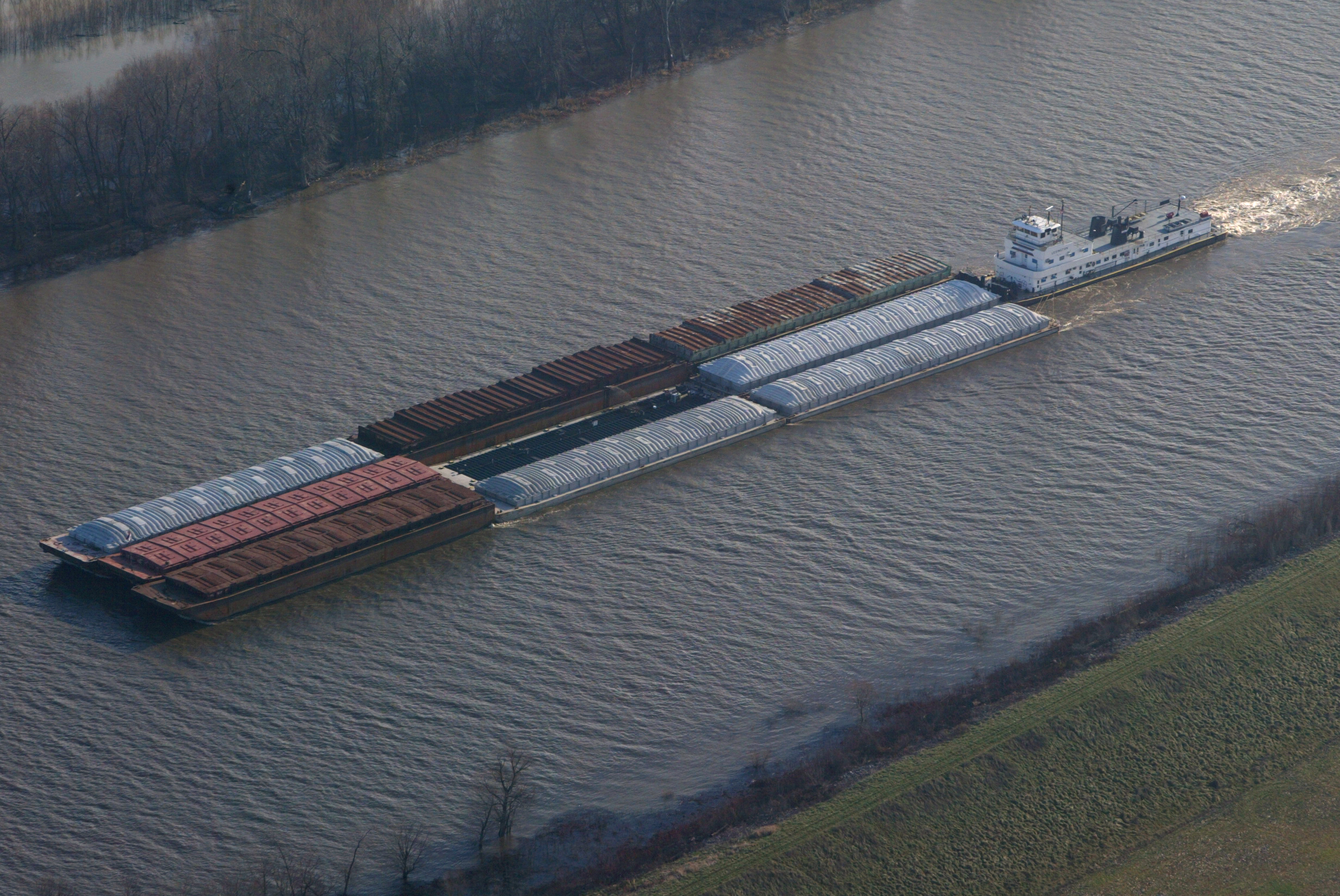New Approach, Same Goal: A Clean and Resilient River
More than 50,000 Acres of Wetlands Protected from Destructive Project
February 23, 2017
Protecting a National Treasure
April 28, 2017Originally Posted on March 21, 2017, 2:17 pm, by Mark Muller, under Mississippi River.
McKnight is proud of its 25-year history of commitment to the Mississippi River. The river has a unique and extensive impact on the economic and social fabric of Minnesota, the Midwest, and river communities down to the coast of Louisiana. We know that McKnight grantees have made a difference and improved the quality of life for these communities, and we are deeply grateful for the years of hard work and dedication.
 We recently took a step back to assess the Mississippi River program’s strategies for supporting a clean and resilient Mississippi River. The last time McKnight conducted a river program refresh was in 2009, and much has changed since then. On the positive side, soil health has captured the interest of Midwest farm organizations, and many farmers are incorporating water-protecting practices because of the corresponding benefits to soil health and crop yields. Additionally, food companies are heeding the demands of consumers for sustainable production practices, and they are in turn exploring opportunities to incorporate on-farm sustainability practices into their supply chains.
We recently took a step back to assess the Mississippi River program’s strategies for supporting a clean and resilient Mississippi River. The last time McKnight conducted a river program refresh was in 2009, and much has changed since then. On the positive side, soil health has captured the interest of Midwest farm organizations, and many farmers are incorporating water-protecting practices because of the corresponding benefits to soil health and crop yields. Additionally, food companies are heeding the demands of consumers for sustainable production practices, and they are in turn exploring opportunities to incorporate on-farm sustainability practices into their supply chains.
At the same time, we can point to many indicators that show limited progress or greater stresses on the river. Wetlands and grasslands continue to be lost to the encroachment of cropland, and agricultural pollutants are as pervasive as ever in many parts of the basin. The river’s health is further impacted by numerous other issues, from climate change, to the loss of floodplain forests, to invasive carp, to growing concentrations of microbeads. And economic and social disparities are often most pronounced along the river. It has become abundantly clear that the key federal policies for protecting the Mississippi River, the Clean Water Act and the farm bill, are important but by no means sufficient tools for maintaining the river’s integrity.
Developing New Approaches
After assessing the opportunities for different programmatic strategies, we have decided to maintain the program’s focus on addressing two major alterations to the river system:
- Agricultural runoff, most notably nitrogen, phosphorus, and sediment; and
- Engineering of the river, its tributaries, the Midwest landscape, and the Louisiana coast, all of which has severely altered the basin’s natural hydrology and ability to filter and absorb pollutants.
Effectively addressing these enormous, landscape-scale issues requires the use of fresh approaches to complement the tried and true tactics. We will continue to support advocacy for strong state and federal conservation and water protection programs. Additionally, we will expand the river program’s grantmaking to emerging areas of innovation in this field, such as engaging and influencing the private sector on agricultural supply chain sustainability.
If you would like more detail, we encourage you to visit our program website and review our newly developed theory of change and logic model. We look forward to continuing to work with our extraordinary array of existing partner organizations and getting to know new partners.




